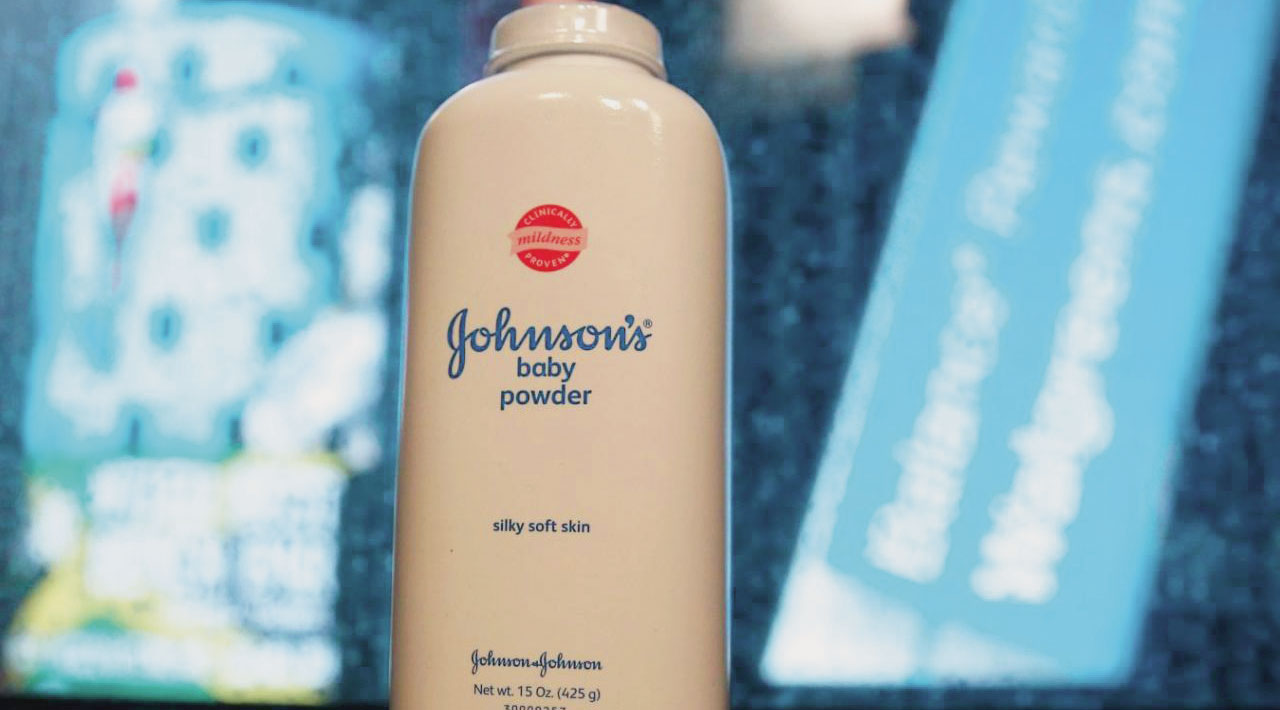

NEW YORK: A South Carolina jury on Friday could not agree on a verdict in a case of a woman whose family said her long-term use of Johnson & Johnson’s Baby Powder led to her death from asbestos-related cancer, resulting in a mistrial.
The case of Bertila Boyd-Bostic, who died of a rare form of cancer in 2017 at the age of 30, is the latest in a series of trials in the United States that centre around allegations that the company’s talc-based powder contained asbestos.
“We’re disappointed the jury did not reach a unanimous verdict for Johnson & Johnson,” the company said in a statement emailed to Reuters.
“The talc in Johnson’s Baby Powder does not contain asbestos, which is supported by more than 50 years of independent, non-litigation driven scientific evaluations.”
Asbestos is a known carcinogen linked to mesothelioma, the type of cancer Boyd-Bostic had been diagnosed with at the age of 29.
After two weeks of trial, the jury in the Darlington County Court of Common Pleas said it could not decide whether J&J was responsible for the disease. Under South Carolina law, a jury has to make a unanimous decision.
Christopher Swett, a lawyer for the family of Boyd-Bostic, said in a statement that the plaintiffs would retry the case at the earliest opportunity.
“We continue to believe that the daily use of baby powder on Bertila from birth led to her death,” Swett said.
The case also named as a defendant the US unit of talc supplier Imerys SA, as well as a local unit of Rite Aid, one of the largest US drugstore chains, which allegedly sold the baby powder used by the woman.
Gwen Myers, a spokeswoman for Imerys Talc America, said: “We remain confident that talc does not cause cancer. Imerys follows all FDA and other regulatory guidelines and utilises rigorous testing to ensure that our talc meets the highest quality standards. We continue to stand by the safety of our product.” — AFP
Oman Observer is now on the WhatsApp channel. Click here



